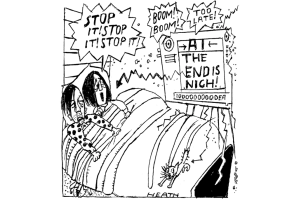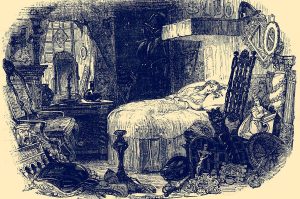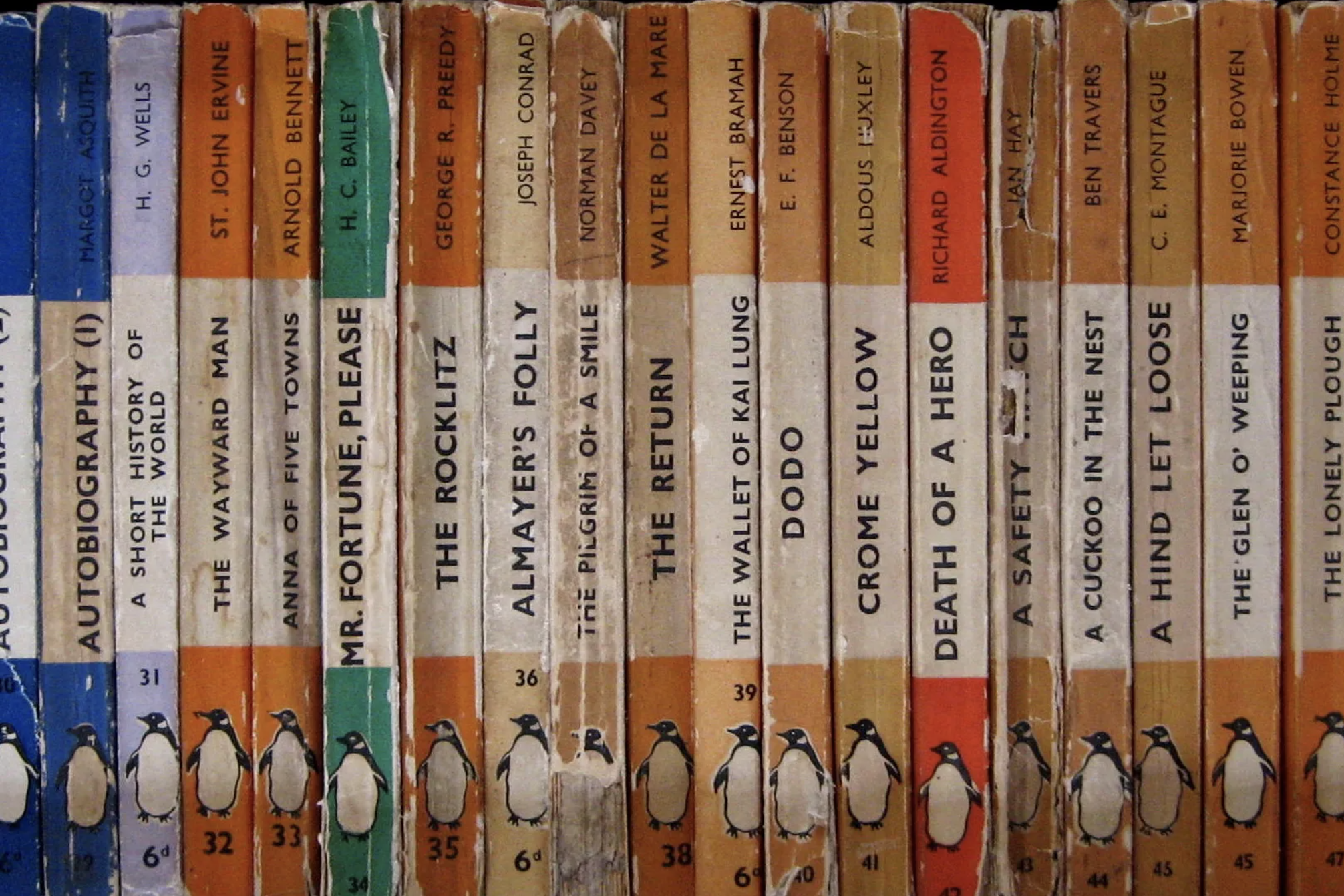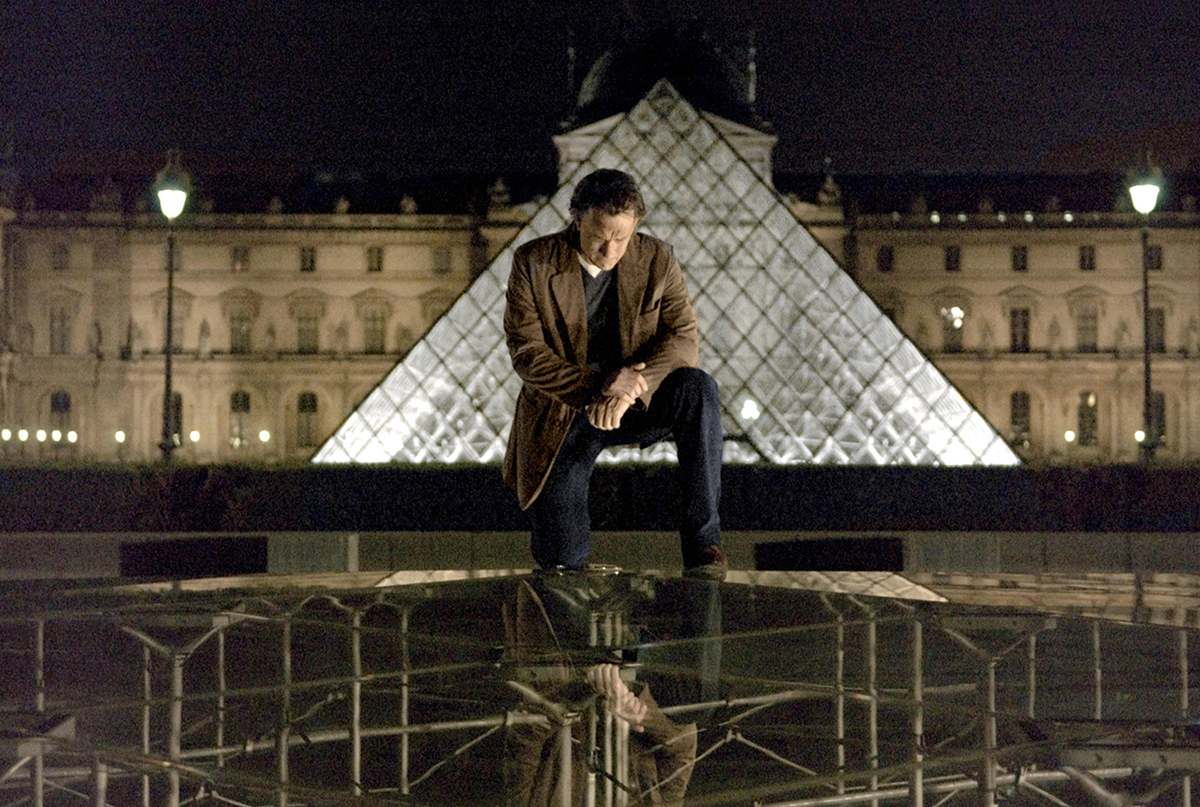I receive a lot of books in the mail. Perhaps you do, too. Some of these I order. Most come from publishers or authors hoping for a review. A few are gifts.
I prefer to buy books at used bookstores. You never know what they might have on hand, and there’s nothing better than discovering a gem of a book by a writer you’ve never heard of. Plus, the price is always right.
Independent bookstores are great, too. I’m no snob. I bought a book just the other day at the gamified Barnes and Noble in town — the atrociously overrated Call Us What We Carry by Amanda Gorman, who read at Joe Biden’s inauguration (more on that at some point, perhaps). But I prefer independent bookstores because, like at used bookstores, there’s an element of surprise in the store’s stock. The big releases, of course, are always present, but the personality of the staff is, too, in the selection of smaller-run releases. I haven’t made it down to the Kerns’ new Goldberry Books in Concord, in the heart of God’s country. I hope I can drop by sometime this summer.
But I also like to order books online and receive them in the mail. (Is there a bad way to buy books?) There is no surprise here, of course, except with books sent by publishers and authors. The other day, however, I received a book that was sent to me in error. This was a first.
I had ordered a copy of the late Wilmer Mill’s Selected Poems for a friend. Instead, I received Chelsea Rathburn’s collection The Shifting Line, which won the 2005 Richard Wilbur Award. I had heard of Rathburn but had never read her poetry with much attention. Instead of sending it back to the Amazon depot, I decided to keep it.
It’s a depressing but delicious slim volume. One of the first poems I read was the triolet “After an Anniversary.” I hope Ms. Rathburn won’t mind me quoting the poem in its entirety:
They find themselves, as couples often do,
betrayed, betraying, falling out, apart,
their traitor hearts preparing for a coup.
They find themselves, as couples often do,
examining the wreckage from some clue —
some dreamt complaint, a shapeless plan to part —
but find only themselves, as couples do,
betrayed, betraying, falling out, apart.
Bleak but beautiful. Many of the poems in the volume are about relationships gone sour. “Eurydice Is Wed” starts with the line, “Their union spelled disaster all along.” In “Suspicions,” Rathburn writes, “I have to know / if what I think I know is true.” In “To a Peeping Tom,” the speaker wonders why “you watch the tired scenes we re-rehearse / . . . why elect us from the dark?”:
We follow cues from room to cluttered room,
Testing the age-old roles of bride and groom.
Our lines are bad. Our gestures miss their mark.
The sonnet and the triolet are Rathburn’s two preferred forms, at least in this volume, which I learned was her first. Her latest collection, Still Life with Mother and Knife, was named a New York Times “noteworthy” book in 2019. She is currently the poet laureate of Georgia. All of this was news to me.
I have never subscribed to a book box service that sends a selection of books each month in an area of interest, and I probably never will. I enjoy choosing my own books and likely wouldn’t trust someone to pick ones out for me in genres, like poetry, where I have clearly defined tastes. But I understand the appeal.

























